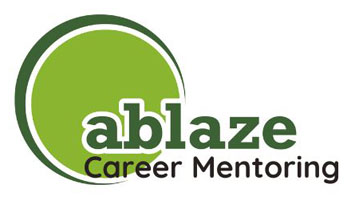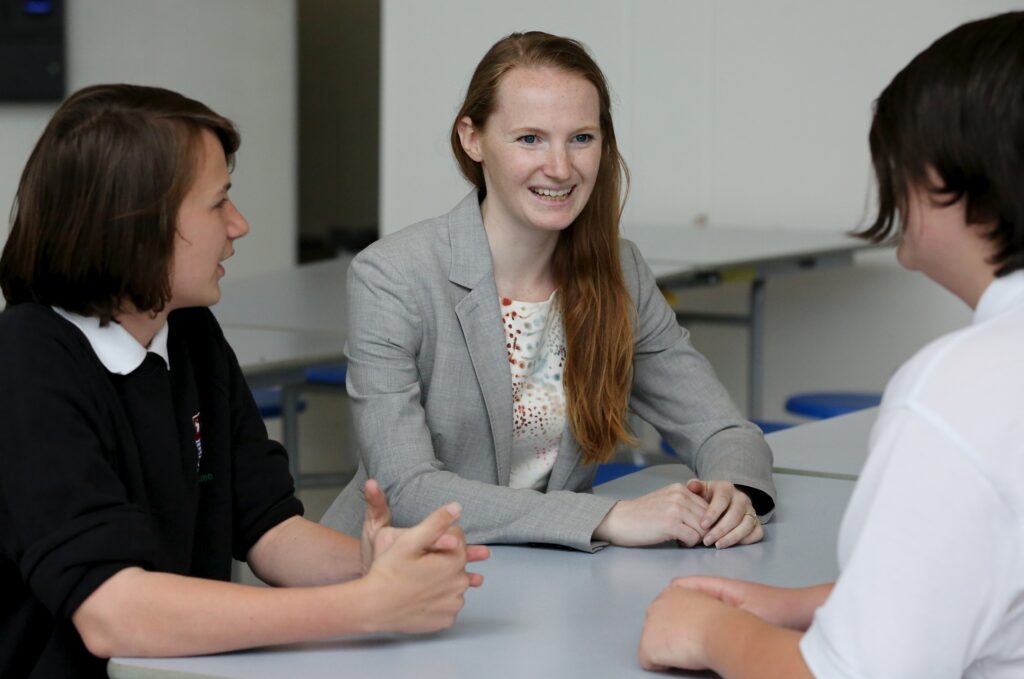How can business mentoring support your students?
Our group mentoring programme is aimed at students in years 8-10. Working with volunteers from a local business or organisation, students gain knowledge of opportunities, work-place skills and employability pathways. It aims to inspire and motivate students to raise their aspirations and stay engaged with education. The activities encourage students to set personal goals and work out their own plans for achieving them.
Six sessions take place over a twelve week period. Over time, students build trust and rapport with their adult mentors, helping to improve communication skills and confidence.



